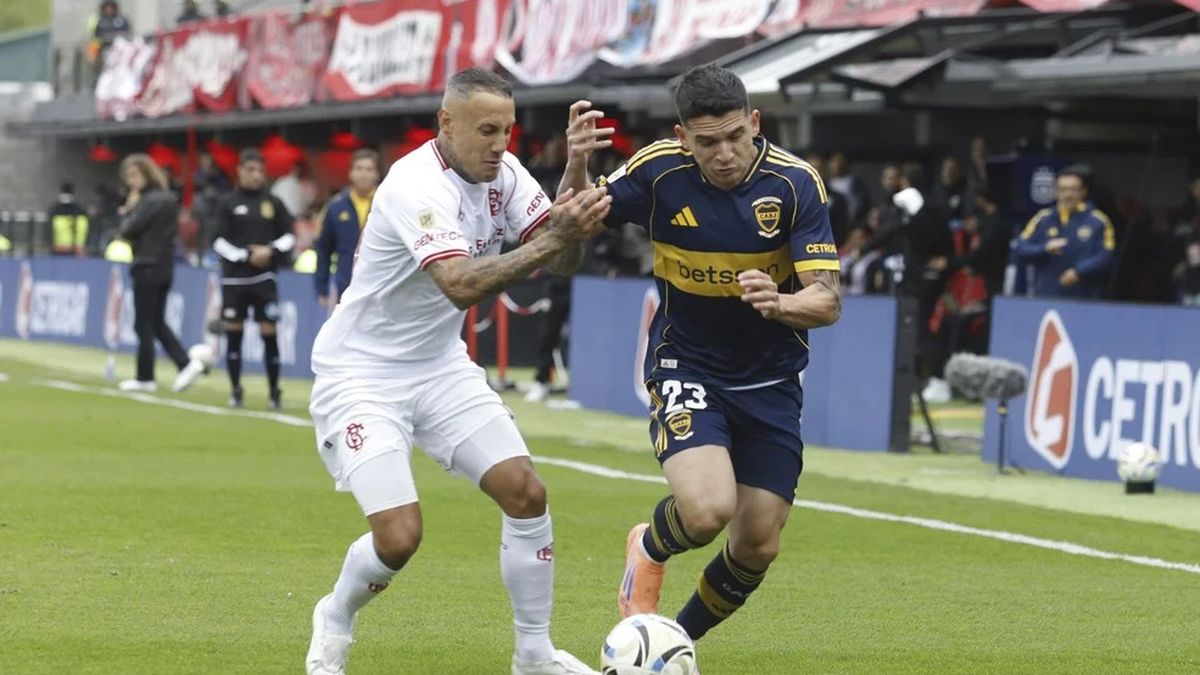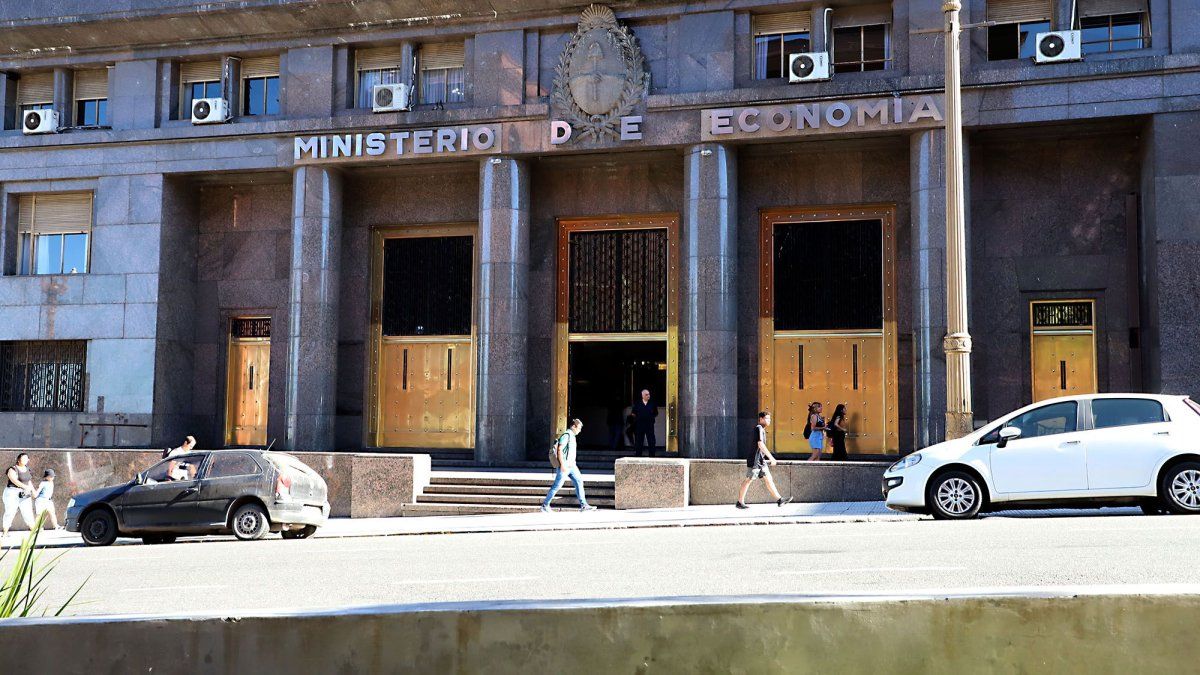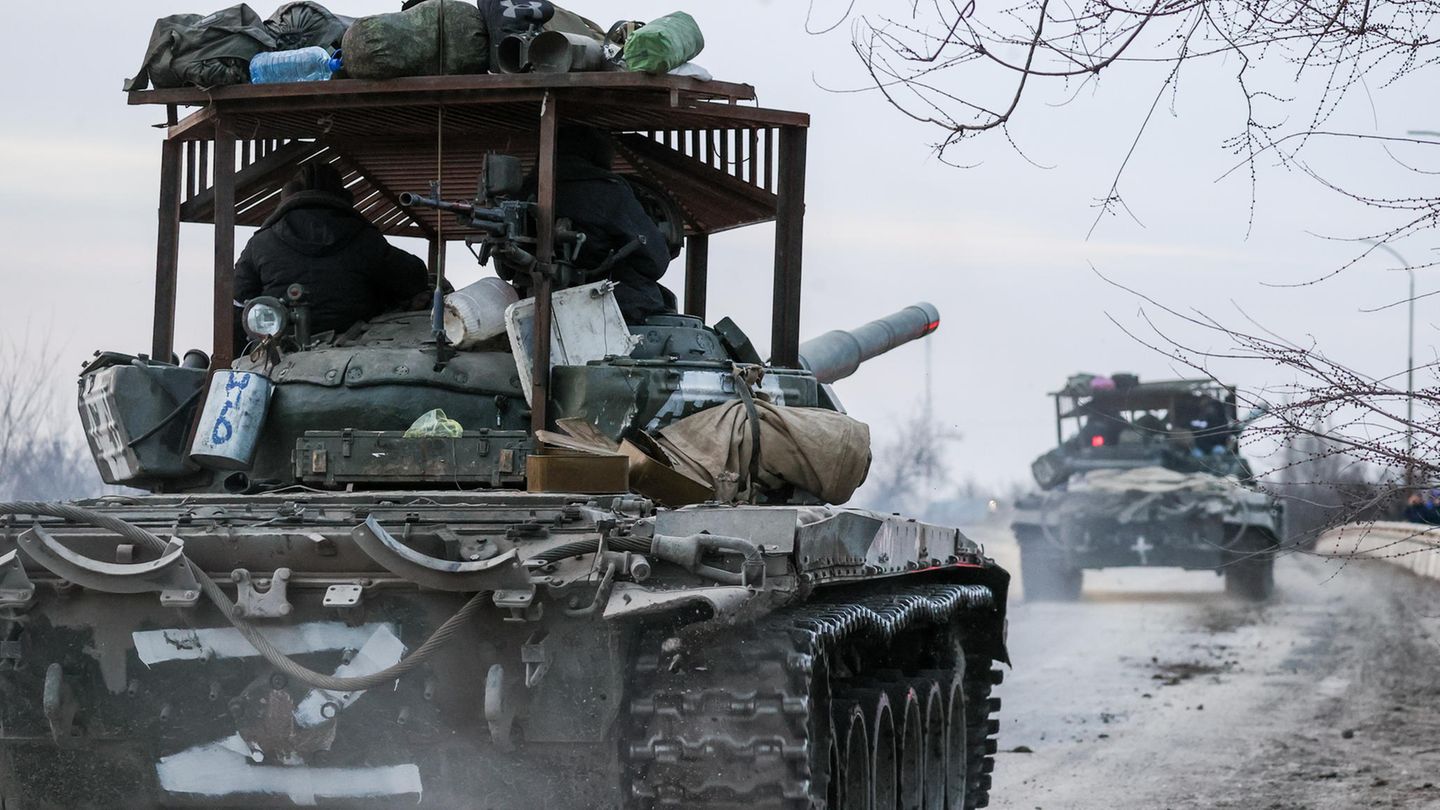David William is a talented author who has made a name for himself in the world of writing. He is a professional author who writes on a wide range of topics, from general interest to opinion news. David is currently working as a writer at 24 hours worlds where he brings his unique perspective and in-depth research to his articles, making them both informative and engaging.
Menu
Ukraine: Thousands of Russian soldiers are killed – but Moscow denies
Categories
Most Read
Killed ZDF employee in Gaza was a member of Hamas
October 27, 2025
No Comments
Work completed: A monument in the park: Design of Helmut Kohl grave completed
October 27, 2025
No Comments
Sami Hamdi: ICE officers arrest British journalists in the US
October 27, 2025
No Comments
Elections: Electoral triumph: Milei can continue reform course in Argentina
October 27, 2025
No Comments
Despite ceasefire: Circles: Dead and injured in attack in the Gaza Strip
October 27, 2025
No Comments
Latest Posts

Boca turned the game around and beat Barracas 3-1 at the Chiqui Tapia stadium
October 27, 2025
No Comments
October 27, 2025 – 7:00 p.m. Xeneize was third in its zone, one point behind the leaders and El Guapo was tenth and complicated its

In the midst of the financial euphoria, the Economy announced the menu of bonds with which it will seek to renew $11 billion
October 27, 2025
No Comments
After the electoral moment and In the midst of a climate of financial euphoria, the Government will close October with debt maturities in pesos for

Bonds in dollars rose up to 25% and the country risk sank more than 400 points to the lowest levels since May
October 27, 2025
No Comments
October 27, 2025 – 18:37 Sovereign securities showed an extraordinary performance, and although they cut part of the increases, they closed with increases of up
24 Hours Worlds is a comprehensive source of instant world current affairs, offering up-to-the-minute coverage of breaking news and events from around the globe. With a team of experienced journalists and experts on hand 24/7.

